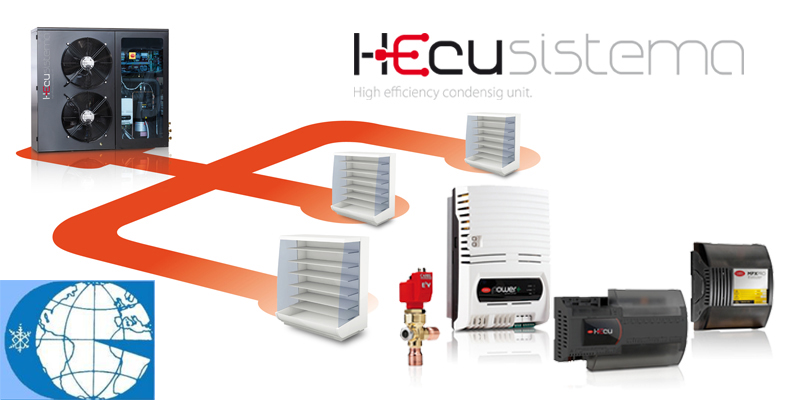« Back
Technological innovations in refrigeration and air-conditioning
09/06/2015
Technological innovations in refrigeration and air-conditioning

EXPO 2015 is the prestigious venue of the 16th European Conference on the refrigeration and air-conditioning industry. This year, the event has even greater importance as a result of the new European requirements for operators and companies regarding reductions in the use of refrigerants with a high GWP (Global Warming Potential). This conference represents an opportunity to bring together different countries and tackle this common challenge together.
CAREL will be taking part in the conference with a presentation in the session on the latest refrigeration technologies, proposing a solution for condensing units that combines highly efficient individual components with extensive system integration. The presentation will focus on both energy and environmental issues, as well as new low-GWP refrigerants.
Giovanni Tonin, CAREL Application Specialist, will be presenting HECU, the high energy efficiency solution for condensing units with DC compressors. The target application for this solution are convenience stores, minimarkets and corner shops, a segment in which the refrigeration industry needs to respond to the latest challenges by providing high energy efficiency solutions. The load profile in these applications varies quite considerably, and DC compressors, by offering wide capacity modulation, ensure excellent energy efficiency in any conditions, and especially at low load, when compared to other technologies. Integration of the main unit controller with each refrigerated unit in the store (showcases or cold rooms) and continuous communication between the various units allow the system to implement intelligent algorithms, by adapting operating conditions in order to achieve the highest performance at all times.
In accordance with the new F-Gas regulation in force as of 2014, with the objective of reducing the total quantity of equivalent CO2 by 79% before 2030, the proposed solution is also ready to use natural refrigerants, thus representing a truly effective response to the new requirements.




